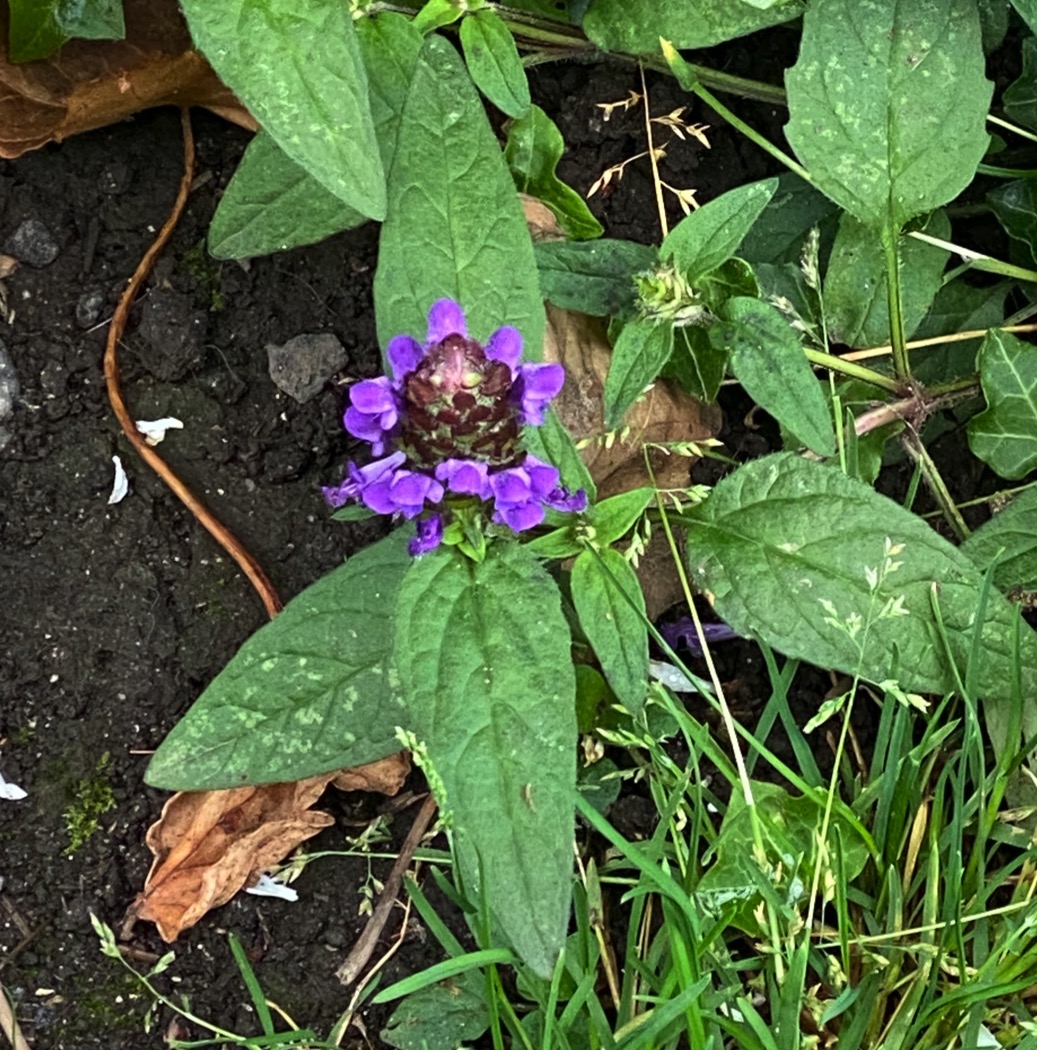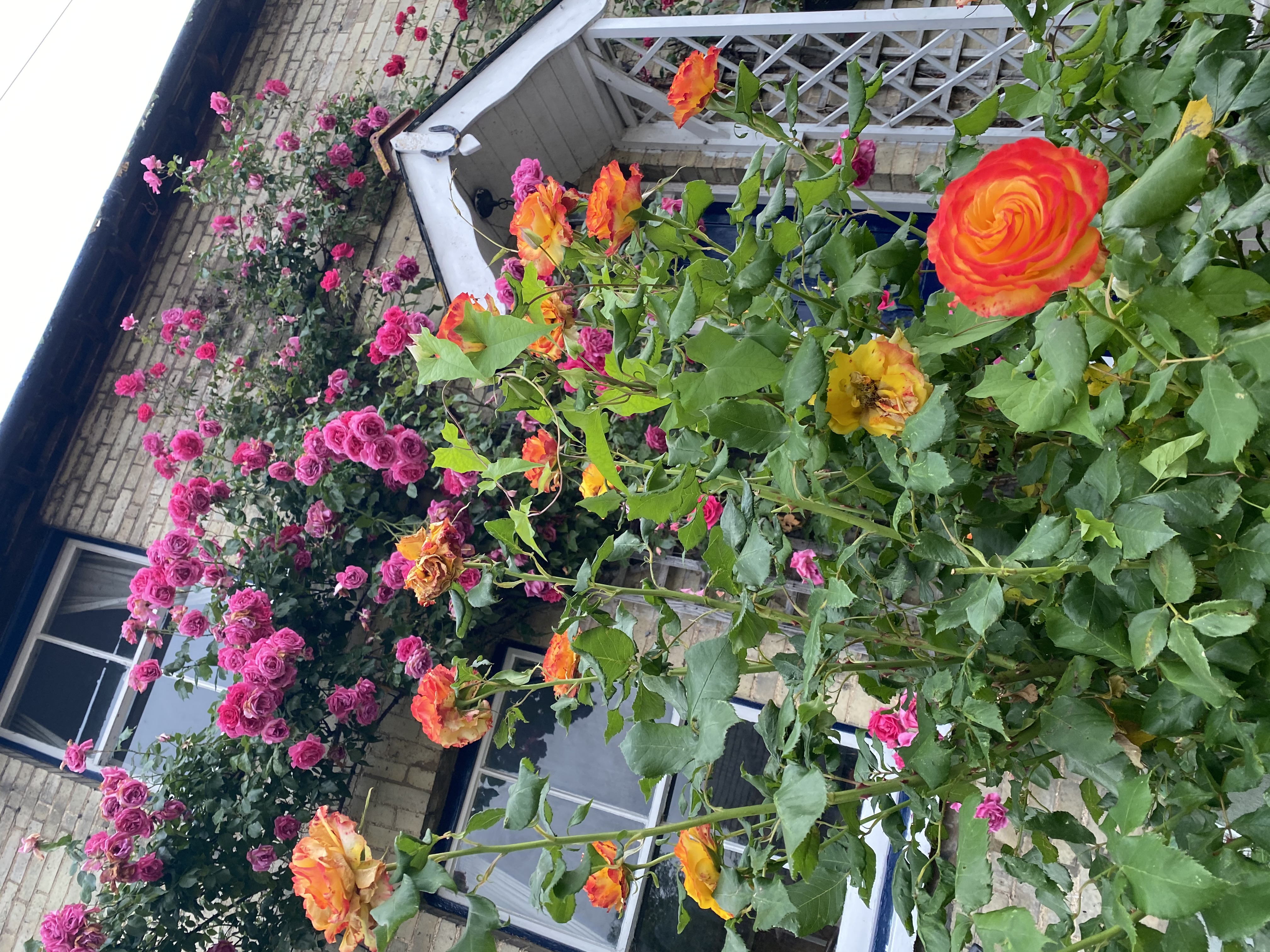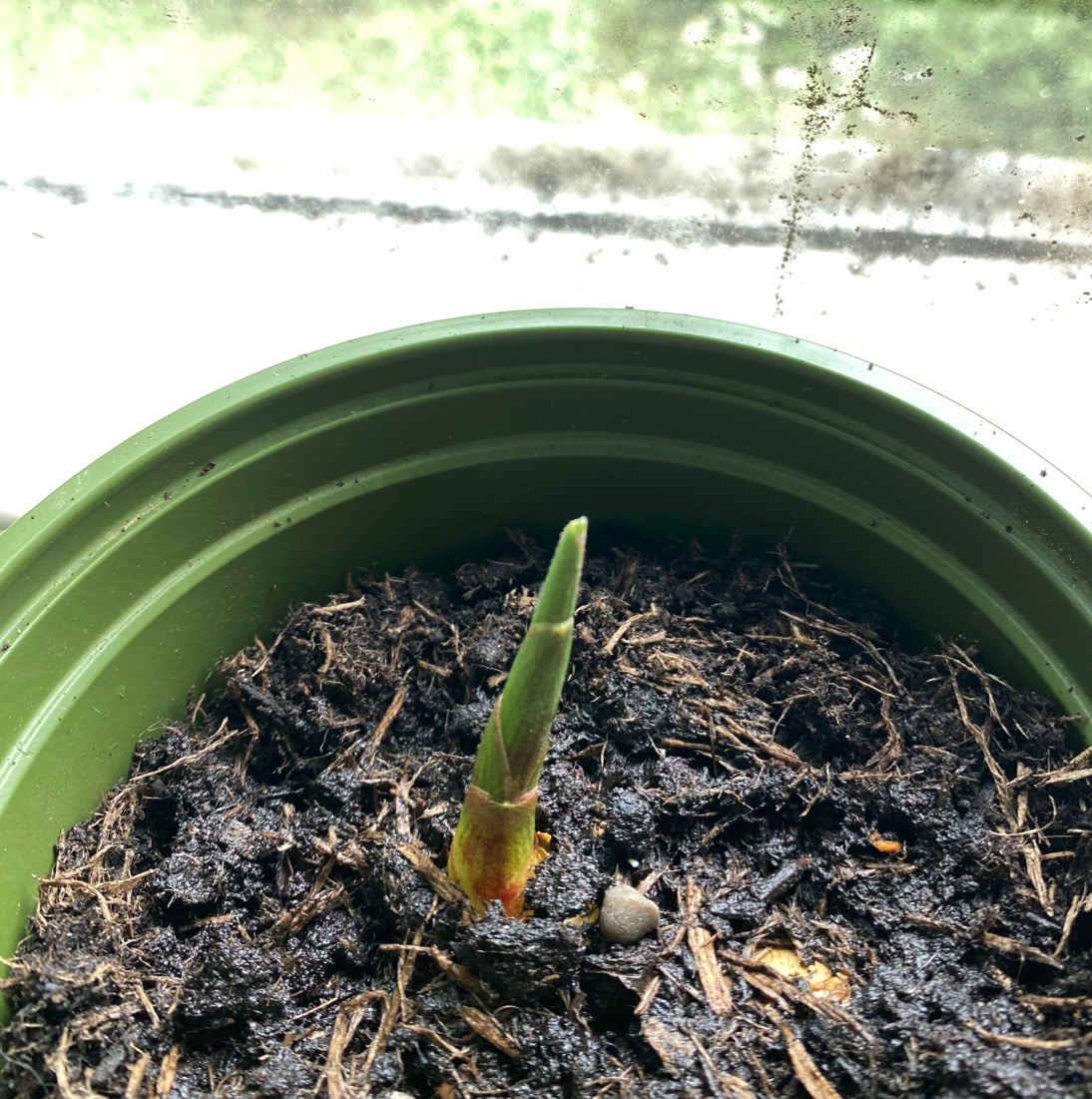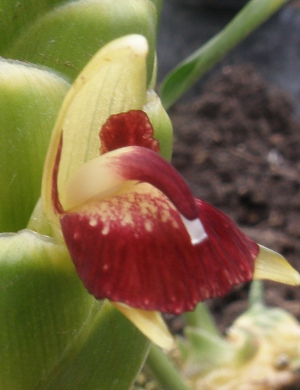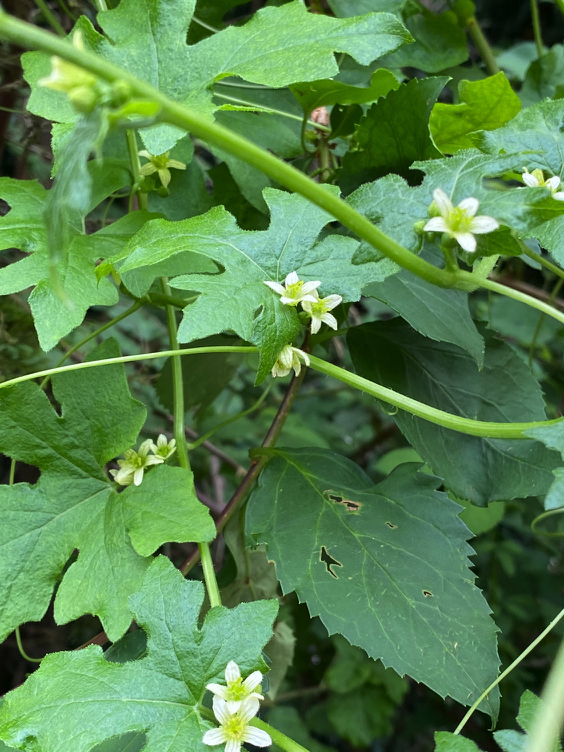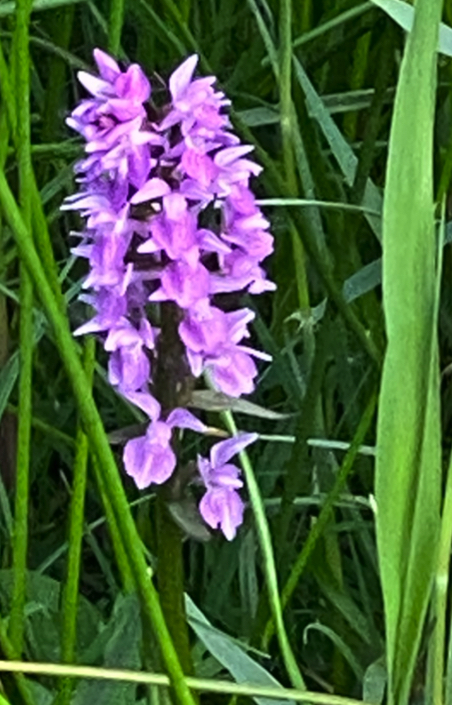My gardening companion was recently donated a garden bench which may have woodworm, so I looked up The Common Furniture Beetle. Turns out the woodworm is almost certainly not active and if it were then the wood can be treated in an ecologically friendly (except to woodworms) way.
Woodworms are larva of the CF beetle and spend three to four years eating their way through wood in a fairly haphazard way. They then come close to the wood surface (how do they know where it is?) and become a pupa for some weeks, finally emerging as adult beetles. From then on they don't eat, just mate if they can, and then the females lay their eggs in any cranny she can find in the wood, and the cycle starts again. Like many insects the adult we see is just a final short-lived phase at the end of a much longer life as a larva.
That's fascinating, that such a life-style has emerged, and in fact there are a fair bunch of other wood-borer insects apart for the CFB.
This all set me thinking about beetles. Famously there are many different kinds, about 400,000 known to date, and they constitute 40% of insect species and 25% of all animal species. Think of that; pick a random animal and there is 1 in 4 chance it will be a beetle.
A note to end on (The American Naturalist, 1959):
There is a story, possibly apocryphal, of the distinguished British biologist, J.B.S. Haldane, who found himself in the company of a group of theologians. On being asked what one could conclude as to the nature of the Creator from a study of his creation, Haldane is said to have answered, “An inordinate fondness for beetles.”

